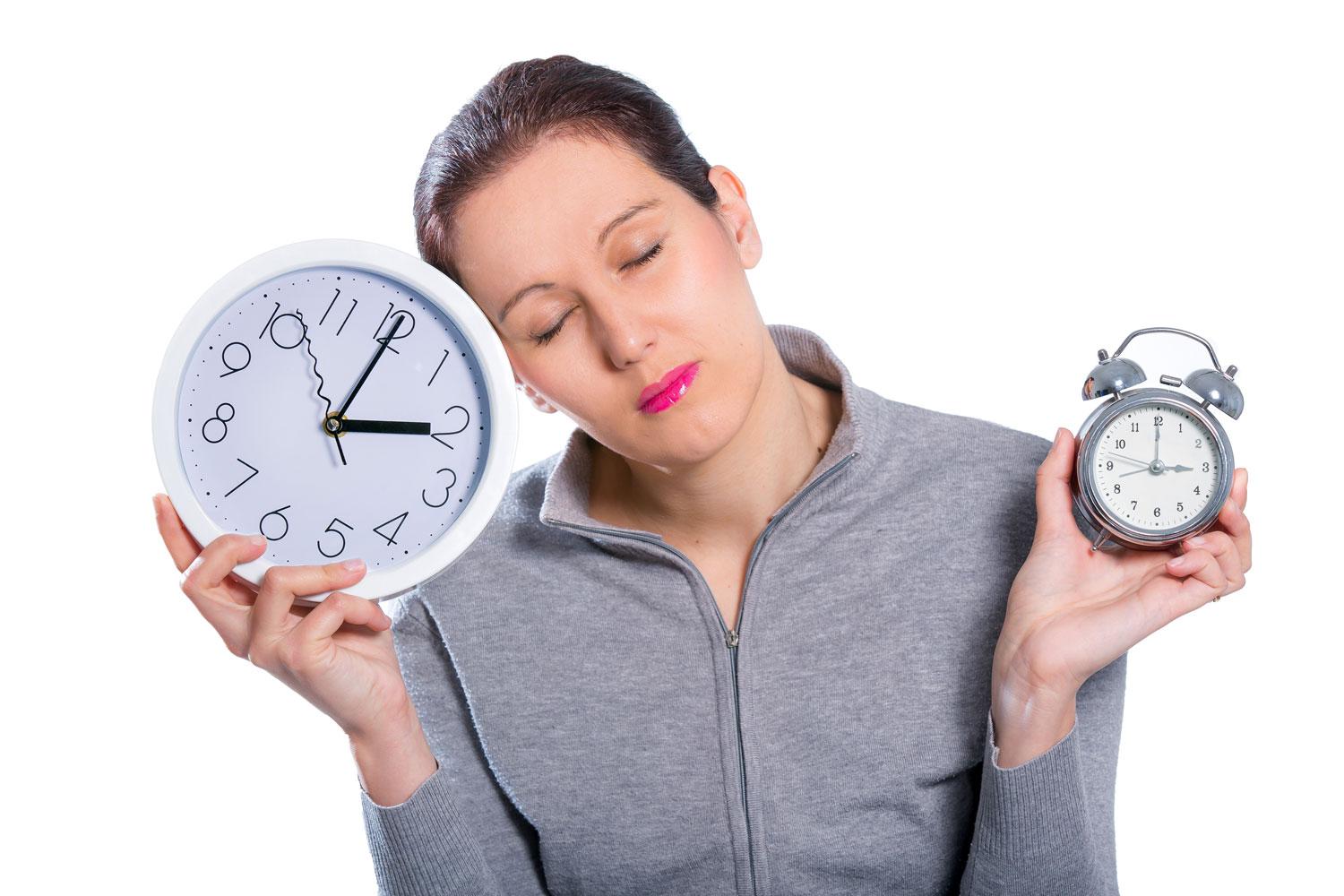The arrival of spring brings longer days and shorter nights, a transition that can disrupt our sleep cycles. As we “spring forward” for daylight saving time, many of us struggle to adjust to the change. This article explores natural strategies to help your body adapt to the new season and maintain a healthy sleep cycle.
Understanding the Impact of Seasonal Change on Sleep
The shift to daylight saving time means losing an hour of sleep, which can significantly impact our circadian rhythm, the body’s internal clock that regulates sleep-wake cycles. This disruption can lead to sleep disturbances, daytime fatigue, and mood changes.
Natural Strategies for Adjusting Your Sleep Cycle
- Gradual Transition: Start preparing for the time change a few days in advance by going to bed and waking up 15-20 minutes earlier each day. This gradual shift can help ease the transition.
- Exposure to Natural Light: Spend more time outdoors, especially in the morning. Natural light exposure helps reset your circadian rhythm and promotes wakefulness.
- Create a Sleep-Inducing Environment: Make your bedroom conducive to sleep by keeping it dark, quiet, and cool. Consider using blackout curtains to block out early morning light.
- Maintain a Consistent Sleep Schedule: Stick to a regular sleep schedule, even on weekends. Consistency reinforces your body’s sleep-wake cycle.
- Mindful Eating and Drinking: Avoid heavy meals, caffeine, and alcohol close to bedtime, as they can disrupt sleep. Opt for a light, healthy dinner and consider a soothing herbal tea like chamomile.
- Relaxation Techniques: Practices such as meditation, deep breathing, or gentle yoga before bed can help calm your mind and prepare your body for sleep.
- Limit Screen Time: Reduce exposure to screens at least an hour before bed. The blue light emitted by phones, tablets, and computers can interfere with the production of melatonin, the hormone that regulates sleep.
- Exercise Regularly: Regular physical activity can promote better sleep, helping you fall asleep faster and enjoy deeper sleep. However, avoid vigorous workouts close to bedtime.
- Herbal Supplements: Natural supplements like melatonin, valerian root, or magnesium can aid sleep. Consult with a healthcare provider before starting any supplement.
Enhancing Sleep with Nature Creation Lavender Eye Mask
Incorporating the Nature Creation Lavender Eye Mask into your nightly routine can further contribute to sleeping wellness. This eye mask, filled with natural lavender, provides the following benefits:
- Aromatherapy: The natural scent of lavender is known for its calming and relaxing properties, which can aid in reducing stress and promoting sleep.
- Blocking Light: The mask effectively blocks out light, creating an ideal environment for sleep, especially important during the longer daylight hours of spring.
- Comfort and Convenience: Soft and comfortable to wear, the Lavender Eye Mask is an easy addition to your bedtime routine, enhancing your overall sleep experience.
Conclusion
Adjusting to the springtime change in daylight can be challenging, but by adopting natural strategies, including the use of the Nature Creation Lavender Eye Mask, you can ease the transition and maintain a healthy sleep cycle. Embracing habits that align with your body’s natural rhythms is key to overcoming sleep disturbances associated with seasonal changes. Remember, if sleep problems persist, it’s important to consult with a healthcare professional.


